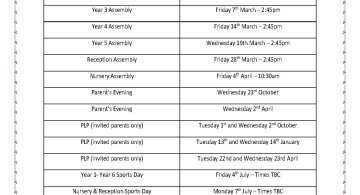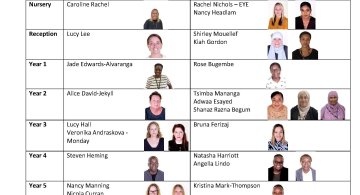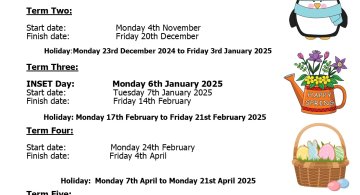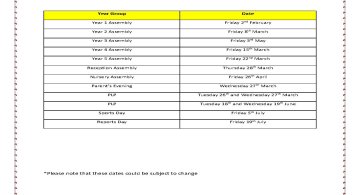Here at Reay, Outdoor Learning and Play is incorporated into our everyday lives. Children at Reay all come out to the garden to learn and play regularly. Younger children come out weekly either in small groups or as a class for a Natural Thinkers session. The Infants also have the opportunity to play most days in the garden. Other classes come out for special lessons linked to their topic e.g. Year 4 experimenting in how to construct a Viking style wattle and daub wall, Year 3’s muddy maths recipes in the Mud Kitchen, year 1 taking wax rubbings of different surfaces when looking at different textures or year 5’s prehistoric afternoon shelter building, fire lighting and drawing charcoal cave paintings. There is often a topic that runs across the school such as fire or food growing. The garden is also used during Maths Week, Shakespeare Week and of course Outdoor Classroom Day, Save the Children's Den Building Day, our bonfire party and Mud Day!
Outdoor Learning is a pedagogy which involves using the natural world to support and enhance learning and development. It encompasses many different areas of learning: academic, physical, social and emotional. They children themselves vocalise how they feel calmer and less stressed when they spend time in the garden. Team building is often key and children discover the benefits of working effectively with others. Equally others learn to work independently. By using nature as the main stimulus children are intuitively more engaged in a hand-on memorable way, based around sensory learning. Outdoor Learning and Natural Play also helps fight Nature Deficit Disorder, a growing problem as children grow up increasingly removed from the natural world and therefore, understandably, less concern about its loss. Children also learn and understand more about where food comes from and eating healthy natural food, through the practical experience of growing their own food and cooking.
Outdoor natural play supports children’s imagination, physical and emotional development. In the garden children are given the freedom of deciding for themselves what different things should represent (e.g. a stick could be a wand, a person’s a walking stick and digging tool etc) while by contrast a computer game dictates the game and how it should be played.
There are also small intervention groups of children who need a bit of extra support. These might be based around maths, language development or social skills and wellbeing. We do a lot of practical maths using materials they find in the garden. These intervention sessions are often integrated into garden maintenance or helping to look after the garden. Some children are quite nervous of coming into contact with insects, playing in long grass and getting muddy but gradually through experience they gain confidence which I hope they then use to support them through other difficulties they face.
Above all, we encourage children to grow in confidence in the garden through learning to take and assess risks, get muddy and surprise themselves and those around them about what they can in fact do!





